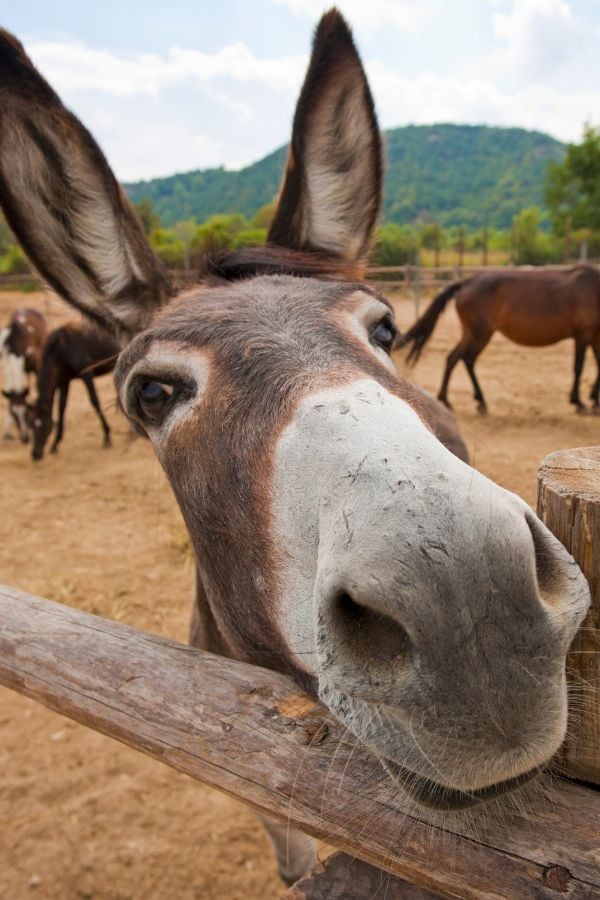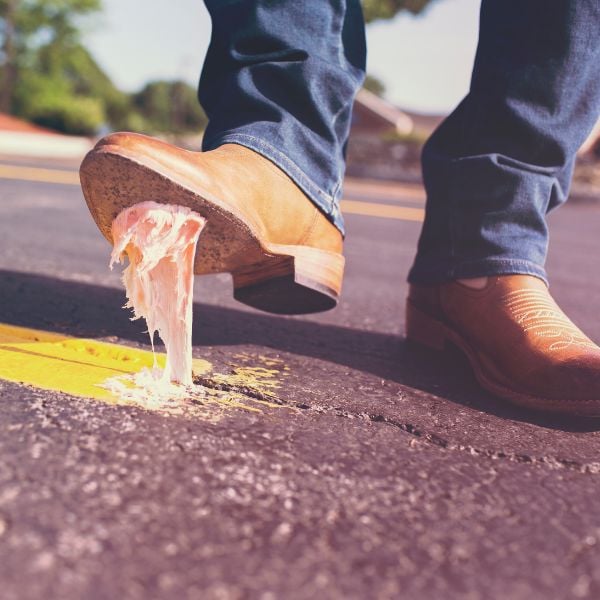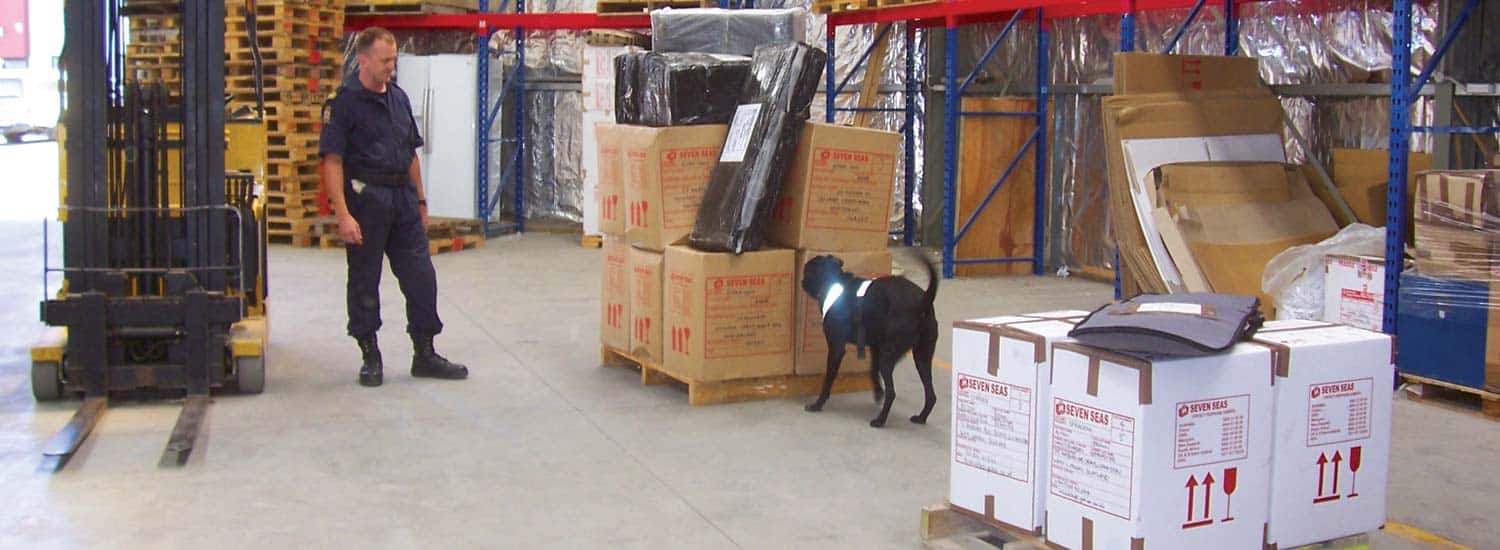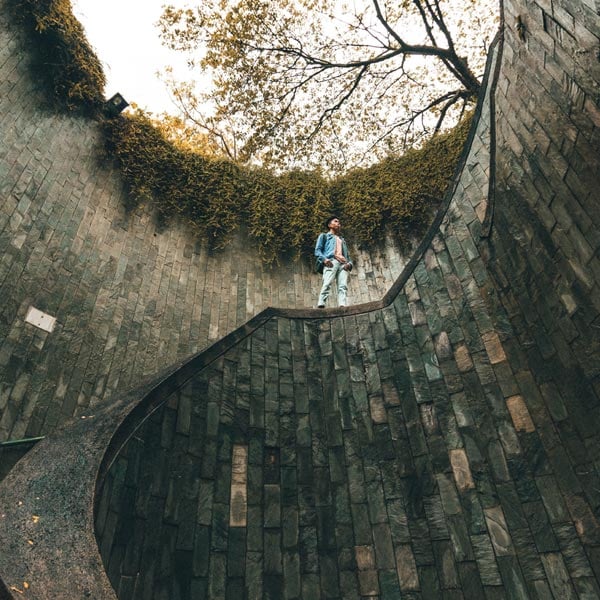Before packing, check this list of items prohibited from entering a particular country or region.
Key takeaways
- Weird laws in the US include not letting your donkey sleep in the bathtub in Arizona, checking your pickle bounces in Connecticut and refraining from public hula-hooping in Las Vegas.
- Chewing gum is illegal in Singapore to maintain public cleanliness, and the sale and import of chewing gum has been prohibited since 1992.
- It is not illegal to flush the toilet after 10pm in Switzerland, but local noise regulations often impose quiet hours around this time to minimise disturbances in apartment buildings.
Weird laws around the world
Travelling across the globe or relocating to a different country is an adventure filled with new experiences, cultures, and, sometimes, bewildering legal systems. While most laws are straightforward and aim to maintain public order and safety, others can be surprising and even downright bizarre.
From bouncing pickles in the States to banning wearing suits of armour in UK parliament, these regulations may seem outdated or humorous. However, they often reflect historical contexts or specific local values, and being aware of them can help you navigate new environments with ease and respect.
The prohibition of hula hoops on Vegas's Fremont Street, a famous strip known for its vibrant atmosphere and energetic street performers, is to ensure public safety and prevent congestion.
Weird laws in the US
The United States legal system is unique due to its federal structure, which divides power between national and state governments.
Although the US Constitution is the supreme law, rules and regulations vary widely from state to state, leading to many legal peculiarities as areas attempt to address specific issues within their community.
Here are a few of the US's biggest legal head-scratchers:
1. Don’t let your donkey sleep in the bathtub in Arizona
Although quirky, this law stems from an actual historical event. The story goes that in the 1920s, a rancher from Kingman, Arizona, would allow his hoofed friend to snooze in an abandoned tub on his property. But one day, a dam burst, flooding the area and taking the donkey for a wet and wild ride.
A considerable amount of the town's resources was then spent trying to rescue the animal, greatly upsetting the inhabitants and compelling local legislators to enact the law to prevent such scenarios from occurring again.
2. Check your pickle bounces in Connecticut
This unusual regulation was passed in the 1940s after two men were arrested for selling spoiled pickles. At the time, no rigorous food safety standards were in place, prompting officials to devise a simple method to ensure pickle quality: the bounce test.
If a pickle bounces when dropped from a certain height, it indicates proper texture and firmness, deeming it fit for consumption. Conversely, a pickle that fails to bounce is considered rotten and unfit for sale, safeguarding public health.

Unusual traffic signs from around the world
Traffic signs around the world can be intriguingly peculiar, highlighting local customs, cultural quirks, and unique traffic challenges.
For instance, if you move to the UAE, motorists need to watch for camels, as a collision with one of these revered animals is not only hazardous but will also result in a hefty fine. While in many areas of South Africa, hitchhiking (the act of stopping drivers and asking for a ride) is strictly prohibited.


3. Refrain from public hula-hooping in Las Vegas
The ban of hula hoops on Vegas's Fremont Street, a famous strip known for its vibrant atmosphere and energetic street performers, is to ensure public safety and prevent congestion.
Using hula hoops in such a crowded environment can pose risks, including potential injuries, disruptions to pedestrian flow, and property damage.
4. Remember your high-heel permit in California
While the belief that high-heel shoes are banned in California is a misconception, it stems from specific local regulations rather than a statewide law. In the coastal town of Carmel-by-the-Sea, an ordinance requires a permit for wearing heels over two inches high with a base of less than one square inch.
The rule was introduced to protect the city from liability due to its uneven sidewalks and cobblestone streets, which pose a tripping hazard. And, although the law is rarely enforced and permits are given freely, it serves as a precautionary measure to limit the city's legal responsibility in case of injuries.
5. Only those over 18 can play pinball in South Carolina
For many years, South Carolina had a law prohibiting minors from playing pinball. Originating in the mid-20th century, the ruling aimed to protect young people from the corrupting influence of gambling, as pinball was considered a game of chance rather than skill.
Fortunately, the moral panic subsided and in 2016, the state finally repealed the law, acknowledging that pinball was a harmless pastime.
Is chewing gum illegal in Singapore?
Chewing gum is illegal in Singapore and has been since 1992. The ban was implemented as part of the government's efforts to maintain public cleanliness after widespread complaints of sidewalks littered with the sticky substance. The sale and import of chewing gum are prohibited, except for therapeutic, dental, and nicotine gums, which can only be obtained through pharmacies and with a prescription.
The law is rigorously enforced, with significant fines for those caught importing or selling gum illegally. However, possessing and chewing gum is not explicitly forbidden. This unique regulation has contributed to Singapore's reputation as one of the cleanest countries in the world.
Weird laws in Singapore
Singapore is known for its strict and sometimes unusual laws, which play a significant role in maintaining the city's reputation for order and cleanliness.
Beyond the well-known ban on chewing gum, several other quirky rules exist that might surprise visitors:
1. Don't feed the pigeons
If caught feeding these feathered fiends, violators can face fines of up to S$10,000. This law helps control Singapore's invasive rock pigeon population, prevents the spread of diseases, and deters leftover food scraps from attracting other pests like cockroaches and rats.
2. Always flush public toilets
Flushing after use might seem like common decency. However, as another of the city-state's sanitation policies, forgetting to do so in a Singaporean public toilet will not only lead to embarrassment but also a fine of up to S$150 if caught by an enforcement officer.
3. Keep the curtains closed when nude
In Singapore, it's illegal to walk around naked if you are visible to the public — even in the privacy of your own home! In alignment with the country's broader efforts to maintain moral standards, a glimpse of nudity through your window can lead to a fine of S$2,000.
In Singapore, it's illegal to walk around naked if you are visible to the public — even in the privacy of your own home!

Weird laws in Canada
Canada's legal landscape is as diverse and vast as the country itself, leading to some truly unusual laws. Shaped by a combination of colonial influences, Indigenous customs, and the practical needs of governing such a large and varied land, below are some of the Great White North's most bizarre rules:
1. Never pay Canadians in pennies
The country's "no coin overload" law, part of the Currency Act, limits the number of coins you can use in a single transaction to prevent large payments made entirely in small change.
The rule restricts the use of pennies (though no longer in circulation) to 25 cents, nickels and dimes to $5, and $1 coins (loonies) and $2 coins (toonies) to $25 and $40, respectively.
2. Refrain from whistling in Petrolia, Ontario
This small town's ban on "yelling, shouting, hooting, whistling, or singing" was established to maintain peace and quiet, reflecting the community's desire for a calm and orderly environment.
While most noise bylaws are typically enforced at night to prevent disturbances while people sleep, Petrolia's regulation is unusual because it applies 24 hours a day.
3. Keep your ladder unpainted in Alberta
Although dated, as most modern ladders are fibreglass or aluminium, the province's ban on painting those made from wood is a sensible safety regulation.
Paint can conceal structural weaknesses, such as cracks or splinters, and trap moisture, leading to wood deterioration and potential accidents.

...the ban on brightly coloured clothes after midday on the Sabbath is still officially on the books.

Weird laws in Australia
Australia might be known for its laid-back vibe, but its legal system includes many surprisingly strict and strange decrees. While some date back to colonial times and are heavily influenced by British law, others have arisen in response to the country's unique environment and geography.
Here are three regulations that seem the oddest to outsiders:
1. No changing light bulbs without a licence
Electrical safety was once taken so seriously in Victoria, Australia, that even minor household tasks like changing a light bulb had to be performed by trained electricians.
The rationale was that all electrical work, regardless of its apparent simplicity, carried potential hazards that could lead to serious risks if not handled correctly. Luckily, as regulations have evolved over time, the requirement for a license to change a light bulb has been relaxed.
2. Hot pink trousers are illegal on Sunday afternoons
Although this historical dress code, aimed at imposing moral standards and maintaining public decency, is no longer enforced, the ban on brightly coloured clothes after midday on the Sabbath is still officially on the books.
It serves as a reminder of how legal standards in Australia have changed through the years and how quirky laws can capture the character of different eras!
3. Only attend weddings if you have an invite
In New South Wales, gatecrashing (attending an event without an invite) weddings, funerals, and other significant occasions can result in a fine of AU$5,000 or a year of imprisonment.
This legal measure prevents uninvited guests from disrupting profoundly emotional and personal ceremonies and emphasises the need to preserve the integrity of these communal rituals.
Is it illegal to flush the toilet after 10pm in Switzerland?
It is not illegal to flush the toilet after 10pm in Switzerland, but local noise regulations often impose quiet hours around this time to minimise disturbances in municipalities or apartment buildings where sound travels easily.
If moving to Switzerland, new residents should be aware of and follow any specific noise guidelines set by their building management or local authorities. Being mindful of local rules and considerate of noise levels during night time hours helps maintain a peaceful environment and avoid potential complaints from neighbours.
Weird laws in the UK
Due to its rich tapestry of history and tradition, the UK boasts a fascinating array of silly statutes. From medieval decrees that have carried over into contemporary times to modern regulations that retain an air of eccentricity, these laws are a testament to how legal frameworks can evolve while preserving vestiges of the past.
Here are a few of the most off-the-wall examples:
1. Don't handle a salmon under suspicious circumstances
This peculiar provision is part of the Salmon Act of 1986, established to combat illegal fishing and protect salmon populations. It requires individuals to demonstrate the lawful provenance of any salmon they possess, thereby helping to ensure that fish stocks are managed sustainably.
2. Taxi drivers must carry a bale of hay
A quirky remnant from the era of horse-drawn carriages, this obsolete law, drawn up before the development of the automotive industry, was once essential as it ensured that the horses used for transportation were well cared for and had enough food to perform their duties.
3. Never wear a suit of armour in parliament
During the medieval period, the Houses of Parliament were not only a place of political debate but also a venue where disputes could escalate into violence. While wearing a suit of armour was a practical measure of protection during such conflicts, the ban likely emerged to maintain order and ensure that proceedings didn't descend into physical fights.
From medieval decrees that have carried over into contemporary times to modern regulations that retain an air of eccentricity...













